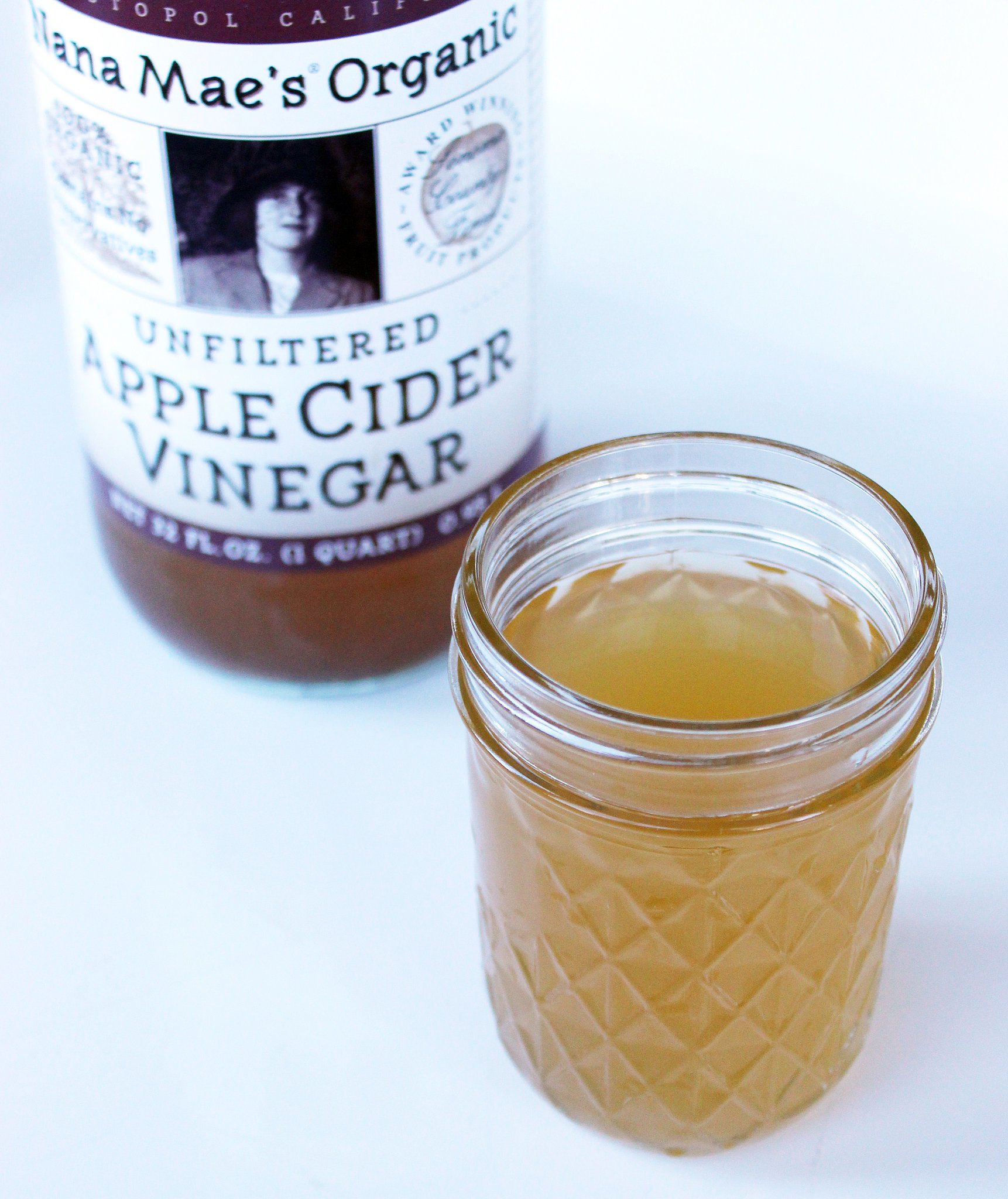Apple Cider Vinegar - Superfood or Superfad?
/Only a year ago, everyone was raving about Coconut Oil. Now, Apple Cider Vinegar, colloquially known as ACV has landed in the superfood spotlight.
But does it really work? Let’s have a look to find out what it’s all about…
WHAT IS IT?
To put it simply, ACV is made out of fermented apples. Apples are chopped up, covered in water and left for the naturally occurring sugars in the fruit (fructose) to ferment, forming ethanol. The bacteria then converts the product of this fermentation process, into acetic acid. This product is apple cider vinegar.
It looks cloudy and brown because it isn’t processed or filtered. It also has some protein strands called ‘the mother’ which is a mix of protein and bacteria. ‘The Mother’ also appears in kombucha where it’s called a scoby.
HEALTH CLAIMS
A simple google will lead you to believe that ACV can do anything under the sun. Most most commonly, it’s linked to weight loss and increased metabolism, lowers blood sugar and improves digestion. Let’s have a look at these three in more detail.
WEIGHT LOSS?
Probably the biggest reason we’re told to use ACV, is for it’s supposed ability to ‘suppress appetite’ and ‘boost metabolism,’ subsequently, resulting in weight loss. There is currently insufficient evidence to prove this. The most promising study which indicates such results was undertaken in Japan over 10 years ago. In this study, participants who consuming 30mL a day of ACV for 12 weeks lost an average of 1.7kg. (AKA not much) No further studies have been conducted since this trial to prove statistically significant results. The verdict? More studies are required before we connect the two.
CONTROLS BLOOD SUGAR?
This claim does hold some truth to it. ACV, like any vinegar can help to reduce the blood sugar response after eating high GI foods. The reason this happens, is that the acidity of vinegar delays the rate of gastric emptying. As a result, food stays in your stomach for longer. Foods with a high GI (highly processed carbs like lollies, white bread) typically leave the stomach very quickly and are rapidly absorbed into the blood stream, resulting in a spike in blood sugar and insulin. When you have vinegar with or following high GI foods, the process is slowed down, so there isn’t as drastic of an effect on your blood sugar levels. Just remember, this is the case for all types of vinegar, not just ACV and the benefits are most prominent when you consume the ACV with or shortly after the food. Shots of ACV in the morning won’t have this same effect on the foods you consume later that day.
HELPS DIGESTION?
Unfortunately, I’m yet to find any conclusive evidence supporting this. Despite the effect mentioned above on blood sugar, there aren’t studies that have drawn conclusive results. Placebo effect? Possibly.
THE VERDICT.
I’m sorry to say I’m calling a SUPERFAD on ACV. There is insufficient evidence to currently support the claims that have been made online and in the media. ACV is acidic and I would recommend steering away from ‘shotting’ the product, as that may be detrimental to tooth enamel. Best to save your pennies and spend them on delicious apples instead.



